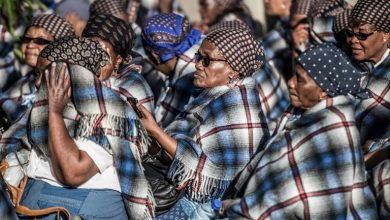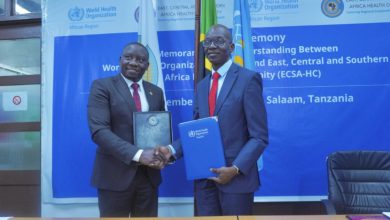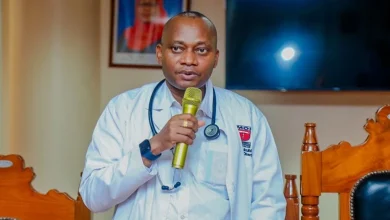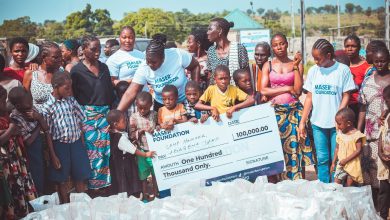Mpox strains DRC health system

DR CONGO: MPOX continues to strain the Democratic Republic of the Congo’s health system. Between 1 January and 31 May 2025, the country reported more than 12 000 suspected cases and 22 deaths, accounting for over 50% of all mpox cases in Africa this year.
In response, World Health Organization (WHO) and the Global Outbreak Alert and Response Network (GOARN) are supporting the country’s efforts to strengthen clinical care, improve detection and build the skills and engagement of frontline responders.
GOARN, a network coordinated by WHO that supports countries respond to health emergencies by deploying personnel and resources, mobilized seven specialists to support Democratic Republic of the Congo’s mpox response.
Working both on the ground and remotely from Nairobi, the team provided expertise in treatment, data analysis, epidemiology, and disease surveillance.
Among them was Dr Andre Basilua Muzembo, a case management specialist from the University of Hyogo in Japan.
Over nearly two months, he worked with health professionals at national level and WHO teams covering logistics, infection prevention, vaccination, and mpox response to ensure effective coordination.
At Clinique Kinoise, Kinshasa’s main referral centre for severe mpox cases, he provided support to help address critical challenges. The facility, with 42 beds and an average of 20 patients, operated with just around five out of 95 staff trained on mpox management.
ALSO READ: Govt strengthens surveillance, precaution against Mpox outbreak
Chronic shortages of gloves, medicines, and essential equipment, combined with limited access to laboratory testing and difficult working conditions, contributed to a mortality rate of around 10%.
During more than 30 visits to five mpox treatment centres across Kinshasa, mainly in Clinique Kinoise, he mentored staff in compassionate care, worked with colleagues to improve hygiene practices and helped coordinate delivery of medicines and medical supplies.
He also worked closely with Kokolo, Vijana, Masina Cinquantenaire and Kinkole treatment centres to streamline referrals and maintain continuity of care.
The response team placed special attention to high-risk groups, including children, pregnant women, and people living with HIV.
Some pregnant patients arrived with foetal deaths, partly due to difficulties in accessing essential diagnostic tools such as ultrasound.
In collaboration with the National AIDS Control Programme (PNMLS) and Médecins Sans Frontières (MSF), at least five HIV-Mpox co-infected patients were referred for specialized treatment.





